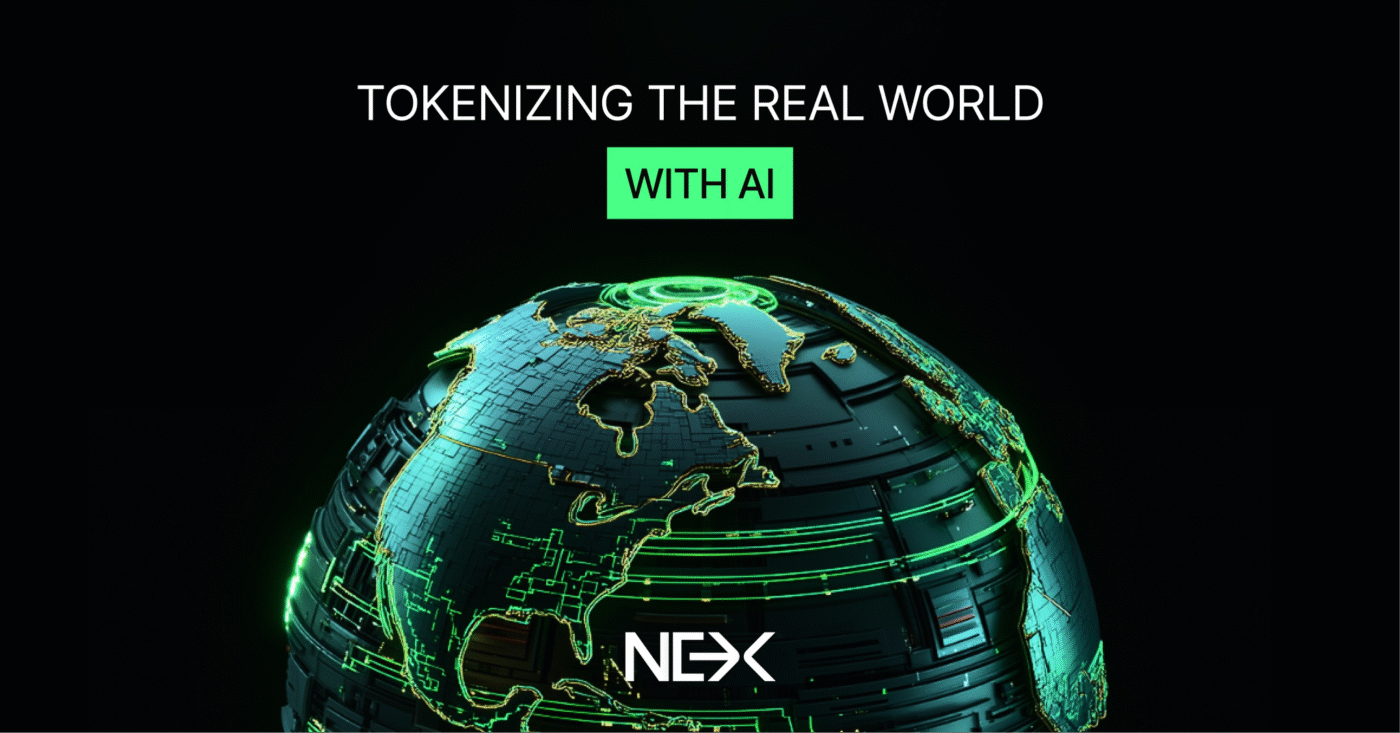El Salvador buys $100 million worth of Bitcoin during price crash

El Salvador bitcoin policy is back in the spotlight after the country disclosed its largest ever single-day purchase during a sharp market pullback.
Did El Salvador just make its largest bitcoin single-day purchase?
El Salvador’s Bitcoin Office reported that the government acquired 1,090 BTC on Monday evening, an outlay of roughly $100 million. According to the office, the transaction was executed at 6:01 p.m. Eastern time, during a period of pronounced market volatility.
This latest transaction lifts the nation’s reserve to 7,474 BTC, valued at around $676 million at current spot prices. Moreover, the new batch marks the largest single-day acquisition El Salvador has ever recorded since it began adding the asset to its balance sheet.
The Central American country, led by pro-bitcoin President Nayib Bukele, has followed a steady accumulation strategy. It has been buying 1 BTC per day since November 2022, a policy that Bukele has repeatedly defended on social media as a long-term bet on digital scarcity.
How does this move fit into El Salvador’s bitcoin buying pattern?
Monday’s addition of 1,090 BTC came as the bitcoin price briefly fell below $90,000, its lowest level since April, according to The Block’s price page. Historically, the government has tended to increase its exposure during a bitcoin market dip, turning volatility into an entry point.
That said, this new allocation also underlines the broader strategy that has defined the country’s approach since it made the asset legal tender in 2021. Bukele has previously shared screenshots of state purchases on his official X account and has insisted that the accumulation program will not stop, even during periods of intense price pressure.
Does the IMF loan agreement allow this level of bitcoin accumulation?
The key point of contention is whether El Salvador actually purchased 1,090 BTC directly from the open market. Under a $1.4 billion loan agreement with the International Monetary Fund (IMF), the country’s public sector is explicitly required not to buy bitcoin, creating an apparent clash between policy and practice.
In July, two of the nation’s top finance officials told the IMF that El Salvador had not bought any bitcoin since February. This position directly contradicts Bukele’s public statements about ongoing purchases and raises doubts about how transactions are being classified in official reports.
An official IMF document later clarified that any reported increase in the reserve fund’s bitcoin holdings primarily reflects the consolidation of coins across various government-owned wallets. However, it argued that these changes do not necessarily represent net new buying activity, but rather internal transfers between addresses.
What is the Bitcoin Office’s stance on the controversy?
Despite the IMF language, the head of the Bitcoin Office, Stacy Herbert, has repeatedly maintained that the state continues to add to its position. She has framed these moves as an assertion of monetary sovereignty, even when they appear to test the limits of the IMF loan conditions.
In March, Herbert sharply criticized skeptics who questioned the authenticity of the country’s on-chain activity. “Some ‘bitcoiners’ trust the words of the IMF over the stacking actions of El Salvador recorded for eternity onto the Bitcoin blockchain,” she wrote, arguing that public ledger data confirms the state’s strategy.
Moreover, her remarks suggest that the administration views the blockchain itself as the ultimate record of policy, regardless of how external institutions interpret formal balance-sheet disclosures. That said, the exact breakdown between new market purchases and internal transfers remains opaque.
Why does this move matter for El Salvador’s broader bitcoin experiment?
The new 1,090 BTC tranche further cements El Salvador’s role as a sovereign test case for large-scale digital asset adoption. Supporters see the latest bitcoin holdings update as evidence that the government is committed to riding out volatility in pursuit of long-term upside and greater financial independence.
However, critics argue that potential tension with the IMF could complicate economic management and future access to multilateral financing. The divergence between Bukele’s messaging and statements by finance officials also fuels uncertainty over transparency standards and fiscal risk.
For now, on-chain analysts and international observers will keep tracking flows associated with government wallets.
In summary, the latest El Salvador Bitcoin reserves increase highlights both the scale of the country’s wager and the regulatory grey zone surrounding it. As prices swing and loan conditions tighten, El Salvador’s next moves will remain a key test for how far a small nation can push a bitcoin-first economic agenda.
You May Also Like

CEO Sandeep Nailwal Shared Highlights About RWA on Polygon

XRP Struggles to Maintain Momentum Despite High ETF Interest
